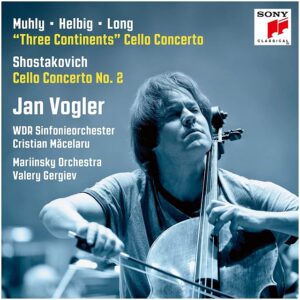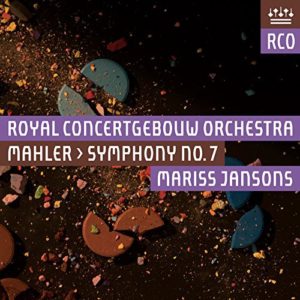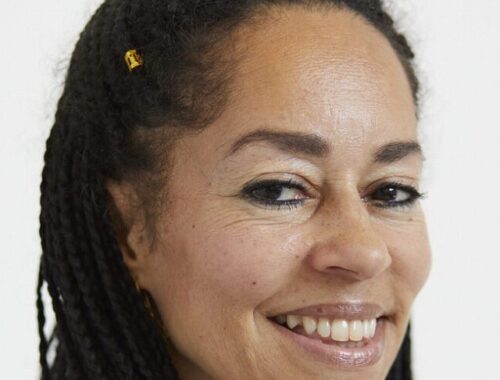GRAMOPHONE Review: Shostakovich & Muhly/Helbig/Long Cello Concertos – Jan Vogler, Mariinsky Orchestra/Gergiev & WDR Symphony Orchestra/Măcelaru
 A brand new Cello Concerto – one piece, three composers, ‘three continents’. As Jan Vogler, the commissioner, puts it: ‘I’m a German, I live in America, and I’m married to a Chinese woman. My life is enriched by the inspiration I draw from these wholly different continents.’ Enter Nico Muhly, Sven Helbig, and Zhou Long, each assigned a movement, each invoking a different musical landscape, a different musical sensibility – and fierce individuals, each. And yet, the wonder is that they sound like they belong, or are destined to belong, together. The unifying force is plainly Vogler himself. His musical personality defines the piece.
A brand new Cello Concerto – one piece, three composers, ‘three continents’. As Jan Vogler, the commissioner, puts it: ‘I’m a German, I live in America, and I’m married to a Chinese woman. My life is enriched by the inspiration I draw from these wholly different continents.’ Enter Nico Muhly, Sven Helbig, and Zhou Long, each assigned a movement, each invoking a different musical landscape, a different musical sensibility – and fierce individuals, each. And yet, the wonder is that they sound like they belong, or are destined to belong, together. The unifying force is plainly Vogler himself. His musical personality defines the piece.
Muhly taps into his energy propelling his bullet-train of a first movement through a rich and varied landscape. The topography switches with the shifts in emotion and vice versa, now exhilarated, now awed, now agitated, now serene. Then Helbig’s slow movement (my favourite – the German connection) which overlays a songful and impassioned ‘Aria’ over a deep ebbing orchestral undertow. Vogler, the singer (or as Helbig puts it, ‘Vogler’s skill in infinitely modulating the tone like a human voice’), is the inspiration that ensures this movement is the heart and soul of the piece. I went back and immediately played it again.
Finally Zhou Long’s scherzo-cum-finale which playfully apes the Chinese guqin (a kind of seven-string zither) and seeks to invoke the spirit of an Eighth Century poem ‘Song of Eight Unruly Tipsy Poets’ by Du Fu. There’s a wilful cadenza – wilful but none too steady on its feet – and a whole lot of inconsequential carousing. As deserts go it’s certainly heavy on the alcohol.
I have to say that it’s not just Vogler but the collective personalities of Valery Gergiev’s Kirov Orchestra that really flesh out the finished product. It would be hard to imagine a more confident first outing for the piece. And their contribution to the companion work – Shostakovich’s searching and extraordinary Second Cello Concerto – is not just just exciting but possessed of a truly defining intensity. This marvellous work has ‘Late’ written all over it. From first to last it feels like it’s edging towards an apotheosis. Celebrating (if that’s the word) Shostakovich’s 60th Birthday (back in 1966) it is fifty shades of anxiety.
Vogler and Gergiev above all capture its mordant, even desperate, folksiness. It’s that edgy irony – as characterised not just in the actorly cello but in the Kirov’s pungent bassoons, horns and percussion – that really hits home. But then there are these deeply affecting moments like the heart-easing little ritornello (archaic and slightly sentimental) that is thrice recalled in the finale. Incidentally the whirling dervish climax of this movement is sensational here – a flash of ‘dementia’ if ever there was one. And finally that ticking percussion motif, so significantly originated in the outlandish Fourth Symphony (withdrawn for fear of disfavour), and here enjoying not quite the last laugh.
That would be its final appearance in the final symphony. Terrific stuff.
You May Also Like

Edwarwd Seckerson meets SIERRA BOGGESS
10/05/2023
GRAMOPHONE Review: Mahler Symphony No. 7 – Royal Concertgebouw Orchestra/Mariss Jansons
01/04/2018

